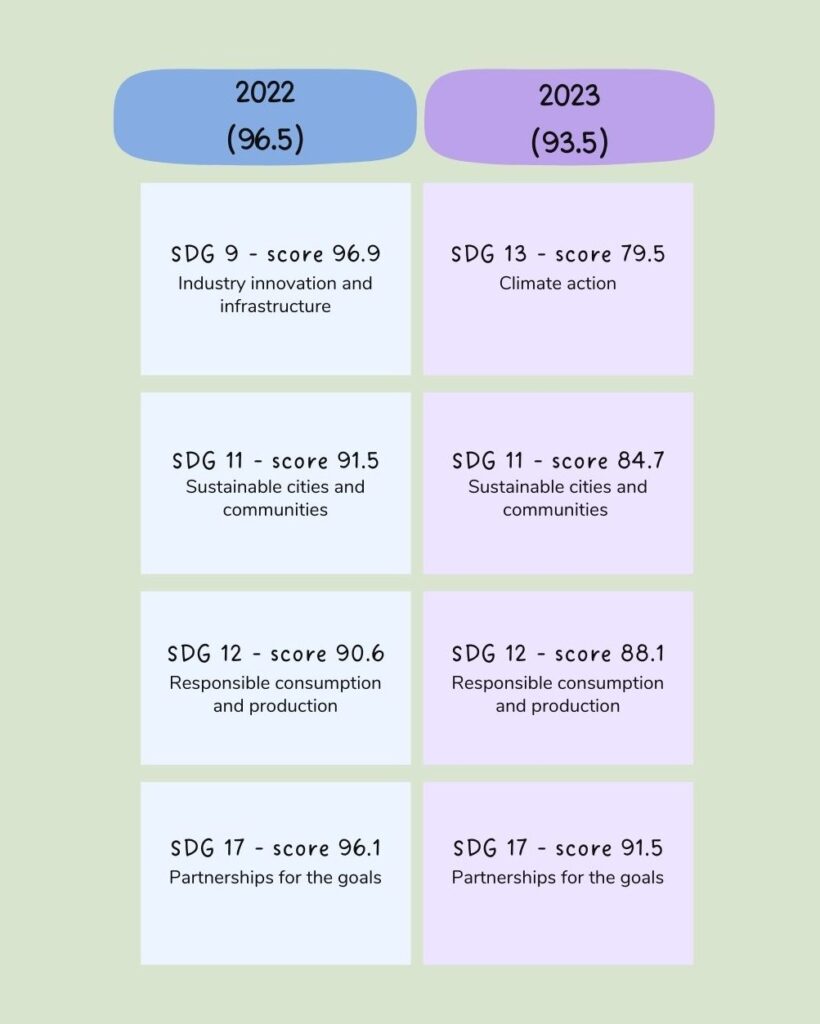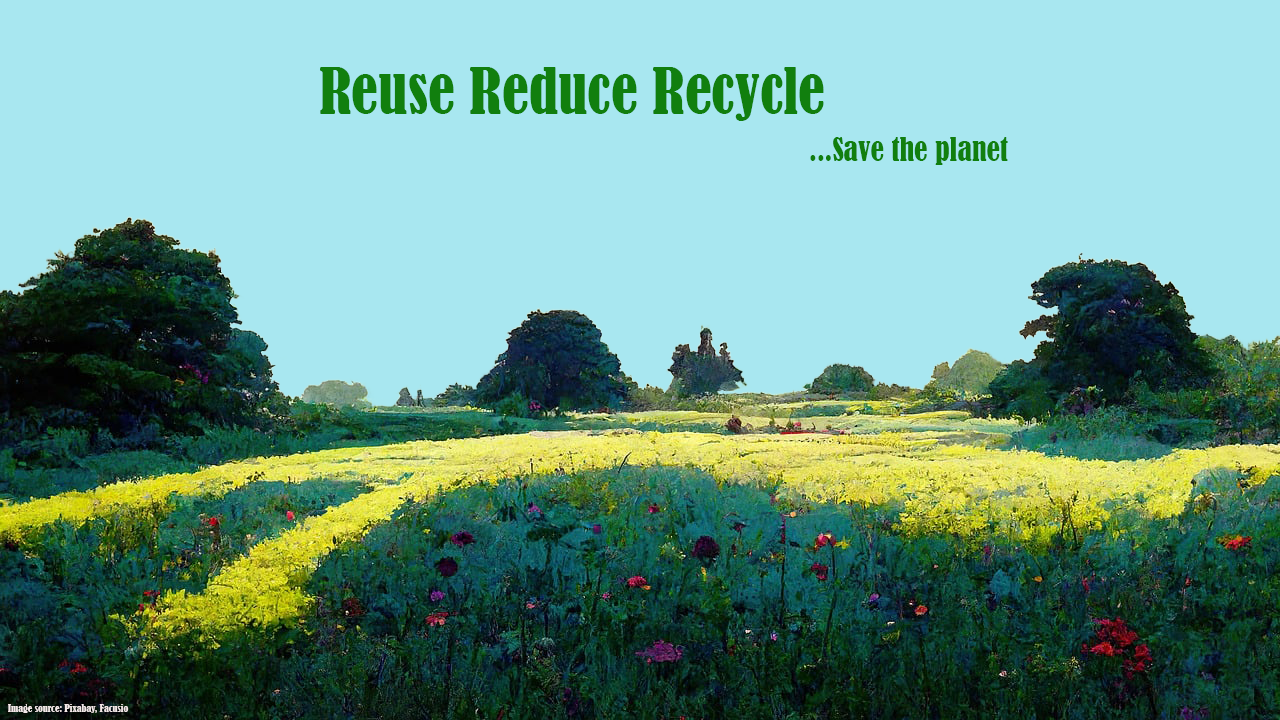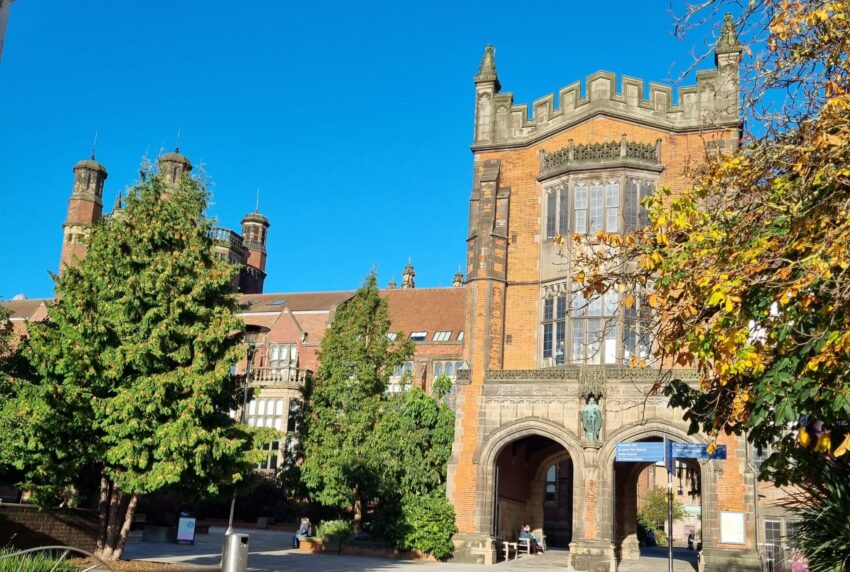Newcastle University placed 24th in the Times Higher Education (THE) sustainability ranking with a score of 93.5. The University dropped 16 places compared to last year.
Newcastle University scored 93.5 in the THE sustainability ranking compared to last year’s score of 96.5. THE is the only sustainability ranking for universities worldwide that assess them against the United Nations’ Sustainable Development Goals (SDGs).
This year the SDGs the University submitted were Sustainable cities and communities, SDG 11 (84.7); Responsible consumption and production, SDG 12 (88.1); Climate action, SDG 13 (79.5) and Partnerships for the goals SDG 17 (91.5). This score placed the University on a joint 24th place with National Cheng Kung University in Taiwan. Last year the University’s top SDGs were Industry innovation and infrastructure, SDG 9 (96.9); SDG 11(91.5); SDG 12 (90.6) and SDG 17 (96.1). The University placed 8th in the ranking.

When asked about the University’s placement, Professor Richard Davies, Pro-Vice Chancellor, Global and Sustainability, said, “Sustainability is an important issue we have addressed for some time at Newcastle and to see other universities around the world joining us on this mission is to the benefit of everyone, everywhere.
“We are delighted that we are leading the way in driving forward this urgent agenda, embedding inclusive and equitable social and environmental justice through our research, teaching and engagement.”
There are 17 SDGs, and the universities must submit data on SDG 17 – Partnerships for the goals, as well as at least three others of their choosing if they wish to be evaluated. The score of their best three SDGs along with SDG 17 is then calculated which equates to the overall score based on which they are placed in the THE sustainability ranking.
Newcastle University contributes towards the SDGs through their research as well as their global and local partnerships, which include the Founderships programme they offer to their graduates. A recent start-up the University supported was Solidarity Farm Community Interest Company (CIC), founded by John Harrison. Its purpose is to reconnect young people with education and social interactions through agriculture and other activities surrounded by nature.

The University is also trying to support the various SDGs through SDG 4: quality education through student participation. The University pledged to “strive to embed awareness and understanding of the SDGs in the student experience by developing a curricular and extracurricular offer that addresses the SDGs” as stated in their Newcastle University Sustainable Development Committee.
Students can take part in the Student Environment and Sustainability Committee (SESC) which is chaired by The Ethics and Environment Officer. The SESC also gives feedback to the Environment and Sustainability Committee.
Students of Newcastle University were instrumental in protesting the Rosebank Oil Field on Saturday 7 October. The protest was organized by the Extinction Rebellion Society (XR) in collaboration with Amnesty International Society amongst other community groups. In the following interview, Ella Spray, co-president of the Extinction Rebellion revealed what actions the XR society would like the University to take in the future.

